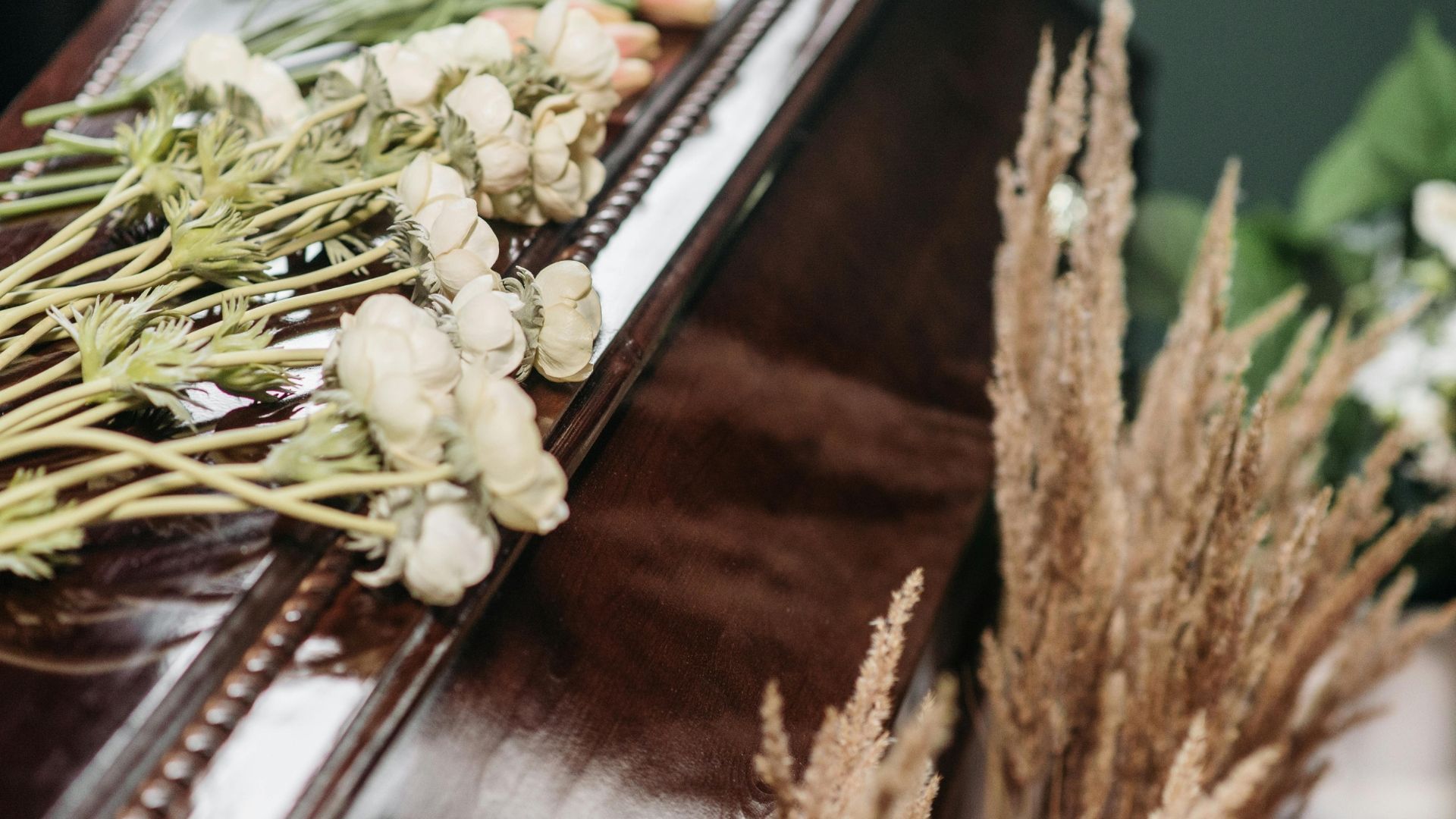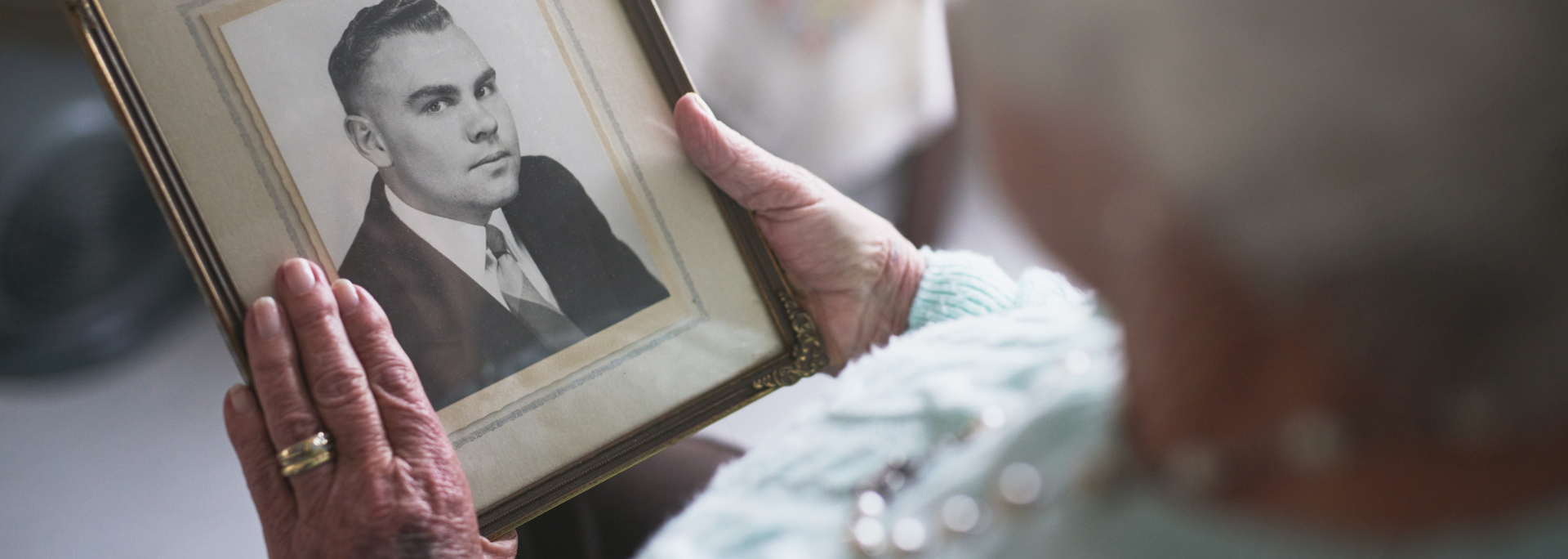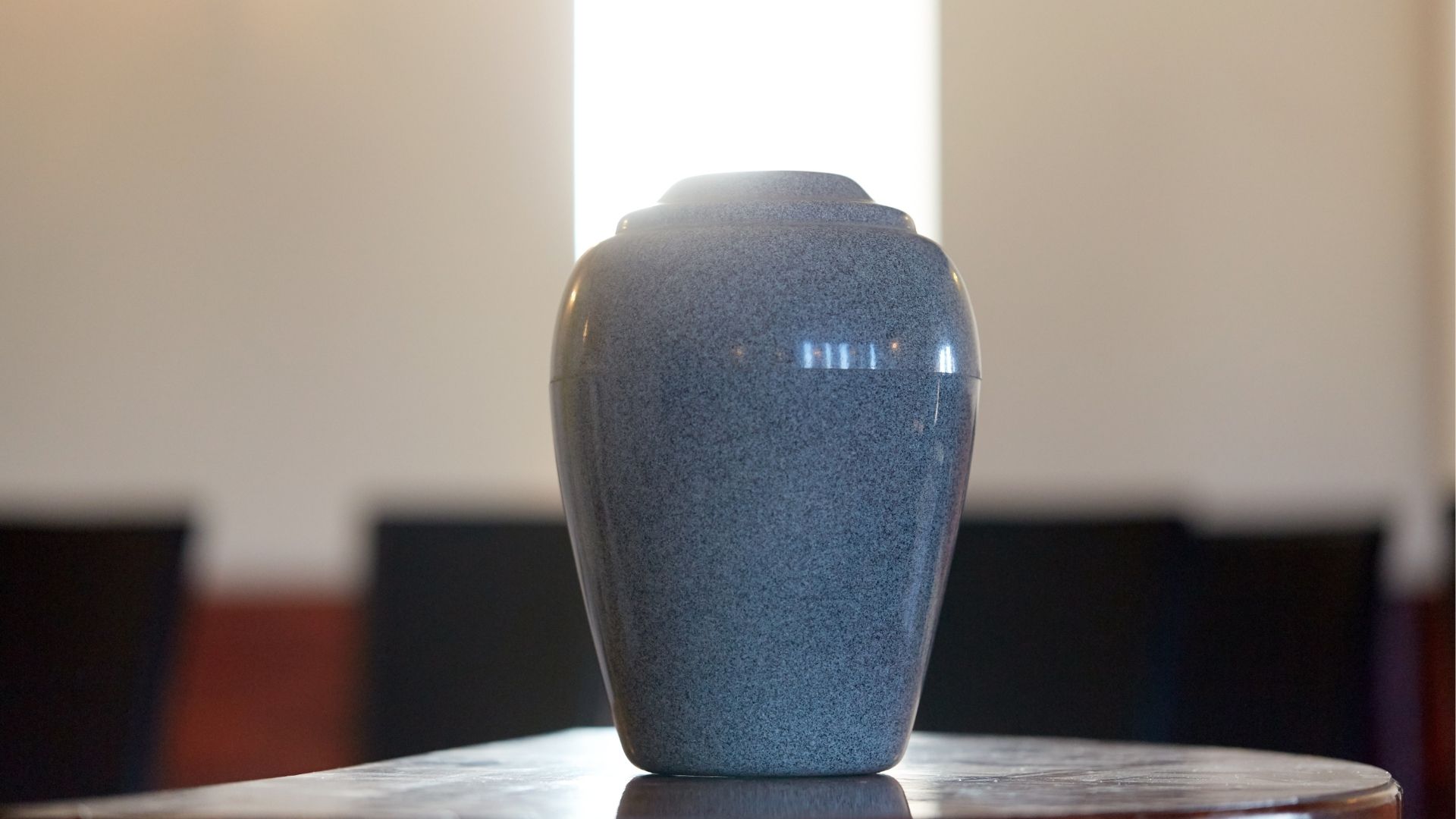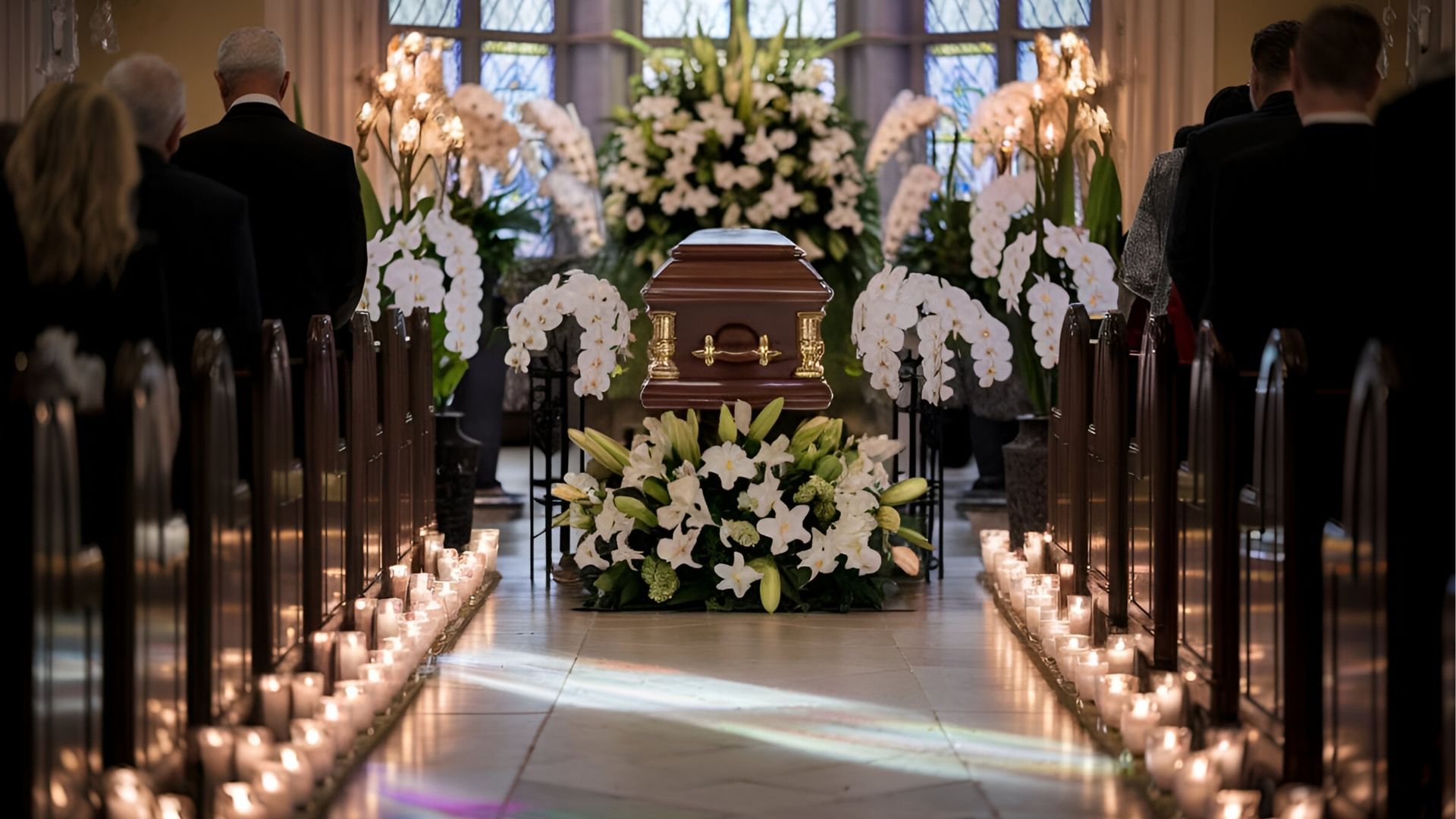What is a Humanist funeral service like?
Considering a non-religious funeral? Discover Humanist funerals and see if they're the right choice for you.

If you've never been to a Humanist funeral, you may be wondering what they're all about. What happens? Who leads it? And how are they different from traditional religious funerals?
In this blog, we explain what a Humanist funeral is like and how it works. We hope it will help you decide if it's the right fit for you or the person you're planning a funeral for.
Humanist funerals: the basics
A Humanist funeral is a non-religious ceremony that celebrates a person's life, values and relationships. There are no hymns or prayers. Instead, the service is shaped around who they were and what mattered to them.
Some people choose this kind of funeral because the person wasn't religious. They're also a popular choice for those looking for something simple or more personal. Humanist funerals don't mention heaven or an afterlife, though they are still respectful and heartfelt.
Above all else, it's a ceremony about remembering and celebrating the person who has died.
What usually happens at a Humanist funeral?
There isn't one fixed format. However, many Humanist funerals follow a similar structure.
The service is led by a Humanist celebrant. Their job is to welcome people and introduce the ceremony.
Once everyone is settled, the celebrant usually shares a tribute. This is sometimes called a 'life story' or 'eulogy'. It reflects on the person's character, life, relationships and memories.
Music and readings – like poetry – are popular. Many choose favourites of the person who has died. Some people invite family or friends to speak or read poetry. Others ask the celebrant to do all the talking.
At the end of the ceremony, there's usually a committal. This is when the curtains close at a crematorium or as the coffin is lowered at a burial. It's often the most emotional part of the service. The celebrant will say a few final words to mark this moment.
Is a Humanist funeral just for people who were part of Humanist groups?
Not at all. You don't have to belong to a Humanist group or hold formal Humanist beliefs. Humanist funerals are open to anyone who wants a non-religious service.
It might feel like the right choice if the person who died didn't follow a religion or never talked about one. It's also common for families to choose a Humanist funeral because they want the focus to be on the person, not on ritual or scripture.

If you're not sure, talk to a celebrant or a funeral director. They can help you decide what feels most appropriate.
Where do Humanist funerals take place?
Humanist funerals can be held almost anywhere that allows a funeral ceremony. This includes:
- Crematoriums
- Natural burial grounds
- Cemeteries
- Halls or community spaces
- Private venues like pubs
- A person's home or garden
There's no rule that says it must happen at the same time as the burial or cremation. Some people choose a direct cremation, then hold a Humanist memorial service a few days or weeks later. This gives you more flexibility and more time to plan.
What does a Humanist celebrant do?
A Humanist celebrant is a trained professional who writes and leads non-religious funeral ceremonies.
Before the funeral, they meet with family or friends to learn about the person who died. They try to get a sense of them, asking about their personality, life, values and relationships. Afterwards, they write a script that reflects what was shared.
The celebrant delivers this on the day, guiding the ceremony and helping everyone feel supported. They'll also help plan the structure and timings and work with the funeral director to make sure everything runs smoothly.
Are Humanist celebrants the same as civil celebrants?
No – they are ever-so-slightly different.
Civil celebrants can include religious elements in the ceremony (such as hymns or prayers) if the family wants them. Humanist celebrants won't include religion at all. It's one of the things that makes this kind of ceremony unique.
Can friends or family speak at a Humanist funeral?
Yes. Many Humanist funerals include contributions from friends or family. These could be readings, poems, letters, stories or messages.
You don't have to speak if you don't want to. Some people ask the celebrant to read something on their behalf. This can be especially helpful if someone thinks they will be too overwhelmed or upset on the day.
If more than one person wants to speak, it's a good idea to agree on this in advance so the service doesn't feel rushed. The celebrant can help work out who's saying what and when.
Can you have music or poems at a Humanist funeral?
Yes.

It may feel right to include music or readings that were meaningful to the person who died. This might be a favourite song, a poem they liked or something that reminds people of them.
There are no rules about how many readings or songs to include. You can keep it very simple or add more structure if that feels helpful. Some families also show photos or play a video. Others include symbolic touches, like lighting candles or sharing memories.
Just keep in mind that a Humanist funeral avoids religious texts. If you'd like to include religious content, it's better to speak to a civil celebrant instead.
Can you still have a wake or reception after a Humanist funeral?
Yes. Like any other funeral, you can follow the ceremony with a wake or gathering.
This might take place at the crematorium, a family home, a cafe or pub, or somewhere else meaningful. Some people keep it very low-key. Others use it as a chance to share stories and celebrate.
It's also possible to hold a Humanist memorial later on, even if there was no formal funeral. This is often done after a direct cremation or when someone dies abroad.
How much does a Humanist funeral cost?
The cost of a Humanist funeral depends on what's included. For instance, most celebrants charge a fee for planning and leading the service. This price often falls in the range of £180 to £300 (Humanists UK).
This cost is in addition to the usual funeral costs, such as venue hire and funeral director fees. According to The Sunlife Cost of Dying Report 2025, the average funeral cost in the UK currently sits at £4,285.
Is a Humanist funeral right for us?
That's a personal choice. If the person who died didn't follow a religion or didn't want a religious ceremony, then a Humanist funeral might feel like a fitting way to say goodbye.
These ceremonies work well for people who valued kindness, fairness or individuality. They focus on what really mattered in a person's life, as well as the people they leave behind.
Are you considering a Humanist funeral service in London? At Akshardham Funeral Directors, we have 20 years of experience in helping families plan the funerals they want. If you need us, we're here – call 020 8355 7876 at any time or get in touch online.












